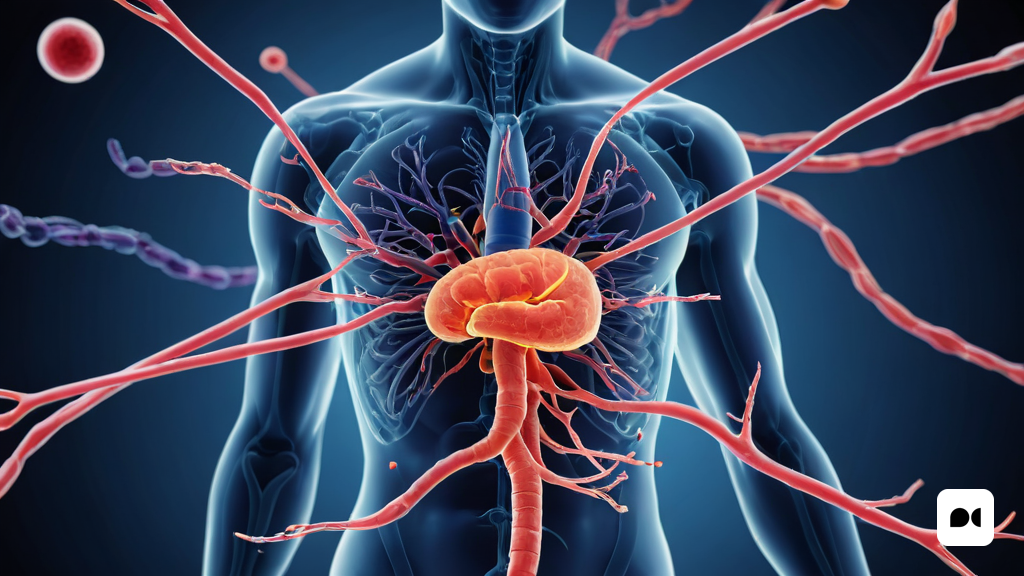Study reveals new metabolic connections between gut microbiota and mental health
A study carried out at the Biomedical Research Institute of Girona (IDIBGI) has identified a relationship between intestinal microbiota, blood iron levels and cognition. This association is based on data collected as part of the IDIBGI’s Imagenoma de l’Envelliment project, which has analyzed a large sample of more than a thousand people. The results, published in the scientific journal Gut Microbes, provide new clues about how diet and gut microbiota can influence mental health (https://www.softcatala.org/resum-de-textos-en-catala/) .
The role of blood ferritin and brain executive function
The study revealed a positive correlation between blood levels of ferritin, a protein related to iron storage, and the executive function of the brain. This function is responsible for skills such as planning, inhibition, flexibility, verbal fluency and memory, which have a major impact on everyday activities. In addition, some bacterial species present in the intestinal microbiota have been identified that are negatively related to both blood ferritin levels and the executive function of the brain.
Metabolic pathways and potential implications
At the molecular level, the research team has discovered specific metabolic pathways that seem to influence the relationship between iron and cognition. This suggests that gut microbiota could modulate the effects of iron on cognition, opening the door to potential therapies for cognitive disorders based on microbiota modification through dietary changes. Dr. Jordi Mayneris-Perxachs, researcher in the Nutrition, Eumetabolism and Health group of IDIBGI and CIBEROBN, has led this publication, affirming the importance of this new association and the need to investigate it thoroughly (https:// www.softcatala.org/resum-de-textos-en-catala/).
Clinical implications and future perspectives
Dr. José Manuel Fernández-Real, head of the same research group and of the Endocrinology Section of the Trueta Hospital in Girona, has highlighted the growing evidence of the intestinal microbiota-brain axis and its clinical implications. This understanding could open the door to the development of therapies for cognitive disorders based on the modification of the microbiota through dietary changes. The study, with the first author Marisel Rosell-Díaz, a predoctoral researcher in the group, has had the collaboration of researchers from the FISABIO Foundation – CIBERESP and the University of Lleida (UdL) – Biomedical Research Institute of Lleida (IRBLleida) (https://www.softcatala.org/resum-de-textos-en-catala/).

